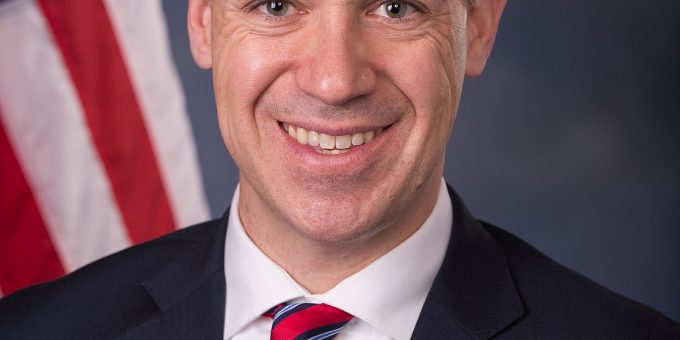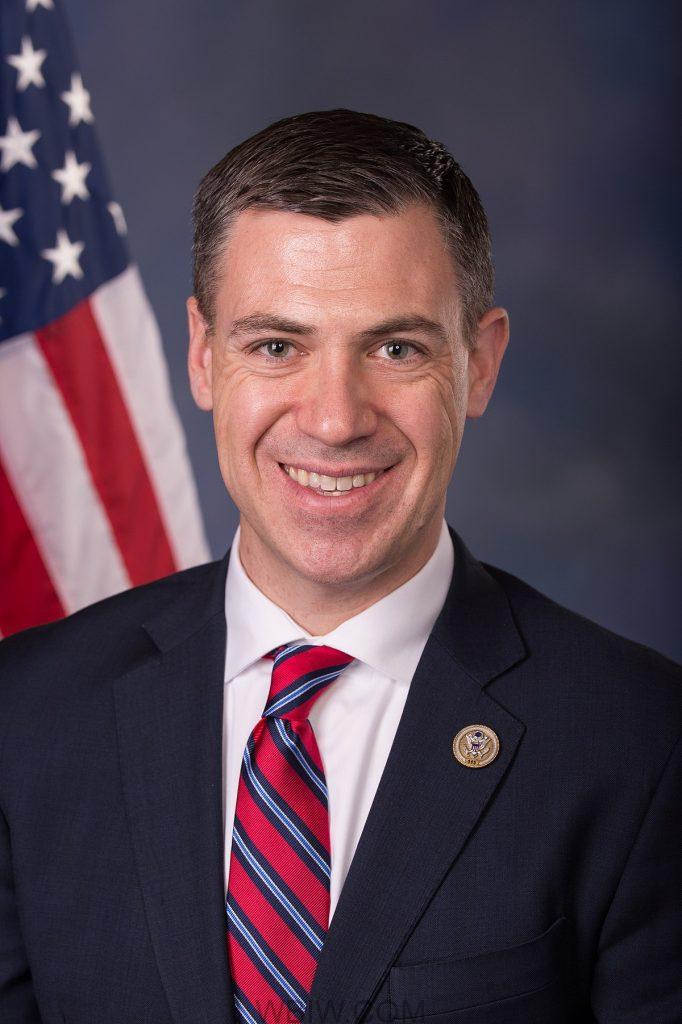
INDIANAPOLIS – Indiana Congressman and 2024 Republican U.S. Senate candidate Jim Banks is standing in the way of women receiving reproductive healthcare at their local pharmacy. His blatant political move would ban women from receiving mifepristone, a drug that is safer than Tylenol.

In a recent letter signed by Banks to the CEOs of Rite Aid, CVS, and Walgreens from Georgia Rep. Buddy Carter, 36 House Republicans are “deeply disappointed” by these companies’ decision to provide access to safe reproductive care at their pharmacies.
Earlier this year, Banks signed a letter asking the Supreme Court to ban mifepristone altogether.

“Throughout his time in Congress, Jim Banks has constantly attacked a woman’s right to make healthcare decisions about her own body,” said Indiana Democratic Party Chairman Mike Schmuhl. “When Roe was overturned last year, Banks called it a ‘joyful’ occasion and celebrated the decision. He has also promoted a federal ban on abortion and supports the near-total ban passed by the statehouse Republican supermajority last summer.
“It is clear that as a United States Senator, Banks would continue his crusade against women’s rights. Hoosier Democrats will continue fighting to ensure that all women in Indiana have the ability to obtain safe reproductive care. Democratic legislators fought the state’s abortion ban at the Statehouse and are working to expand access to contraceptives. Moreover, Democratic U.S. Reps. Frank Mrvan and André Carson both co-sponsored the Women’s Health Protection Act in Congress.”
It is crucial that Hoosiers remain informed and hypervigilant of the Republican Party’s willingness to compromise bodily autonomy and the overall physiological health of women throughout the state.
If these companies seriously reconsider their decision to guarantee safe, sustainable access to the pill, every Hoosier will feel its impact––especially marginalized Hoosiers.
This is bigger than a mere lack of access. Without federal protection, every demographic is at risk.



